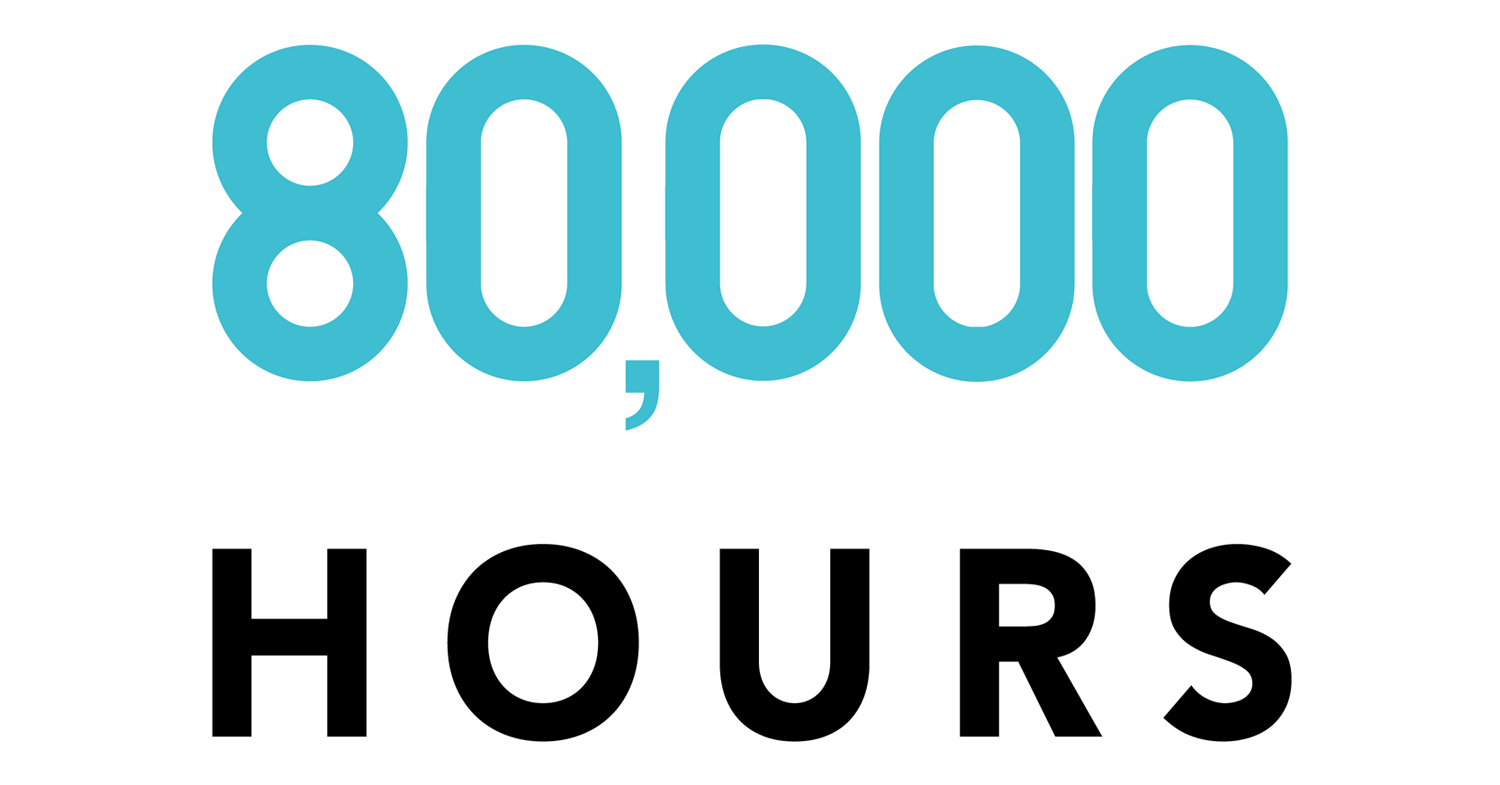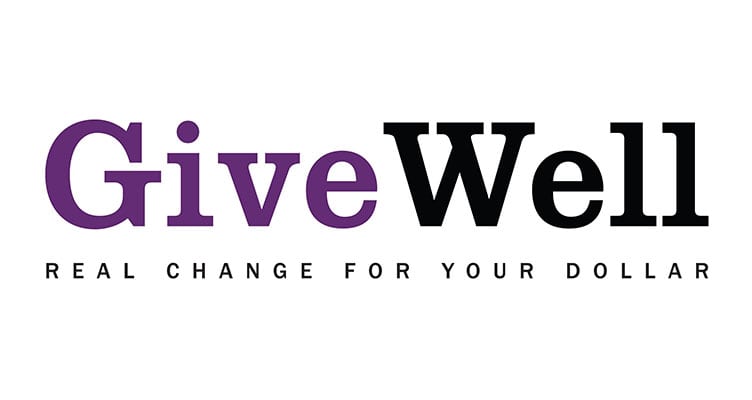A triage doctor is working in a busy emergency room. Her job is extremely tough; every few minutes, a new patient arrives who is desperate for medical attention. But as the hospital only has limited medical staff, she has to decide who receives help first. Should it be the terrified man with a stab wound? The baby screaming with a terrible fever? The old lady falling in and out of consciousness? Each one is a life in danger, and yet the doctor must remain calm and figure out how best to allocate her hospital’s resources to save as many of them as possible.
As potential philanthropists, we are that doctor. There are so many problems in the world that need to be fixed; so many worthy causes and charities desperately asking for our time and money. Choosing between them can be overwhelming, and so the temptation is to just go with the flow: donating to whatever social issue is currently trending on social media, or has the most visually upsetting imagery that sticks in our minds. But in reality, it’s unlikely that whichever specific cause is dominating the headlines of the moment is the best recipient of our money, and indeed many billions have been wasted over the past decades as a result of poor research and an over-reliance on gut feelings.
Unfortunately, the truly biggest issues are usually hard to visualise, hard to solve, and consistently hurt so many people that they rarely make news headlines, which means they are incredibly neglected in comparison. Poker, much like many disciplines, teaches the importance of comparative advantage—choosing which game to play is as important as how you actually play it. Philanthropy is no different; if your goal is to help as many lives as possible, you should invest your resources into wherever they have the biggest marginal impact.
This is the core philosophy of Effective Altruism: the practice of using evidence and reason to impartially triage society’s many problems so that our finite donations get spent in the best way possible. If this is a strategic approach that you resonate with, please check out some of the organisations linked below for further info of how to get involved.
My Philanthropic Journey
Until 2014, almost all of my (very minimal) philanthropy occurred in the following way: I’d see an upsetting advert on TV, or some horrifying post on Facebook (usually about animals) and make a quick donation to whatever charity was advertising it, and then largely forget about the problem. This approach – if you can call it that – continued ’til 2014, when my poker friends and I were approached by some effective altruist philosophers from Bern University.
After hearing their arguments for the importance of a more nuanced, scientific approach to charity, we realised how similar these thinking techniques were to poker. We decided to create Raising for Effective Giving (REG) – an organisation that encourages poker players to donate to a carefully selected list of maximally impactful charities. The support received from the poker community was incredible, and over $11 million has been raised for those causes so far.
Today, I am focussed on what I believe is my best comparative advantage: inspiring others to learn about rationality, science and risk analysis, so that more people have the tools to think more clearly about difficult global issues. I also continue to support REG’s important work, and am also an ambassador for Effective Giving, another advisory organisation that specialises on long-term catastrophic and existential risk mitigation.
-My Blog-



